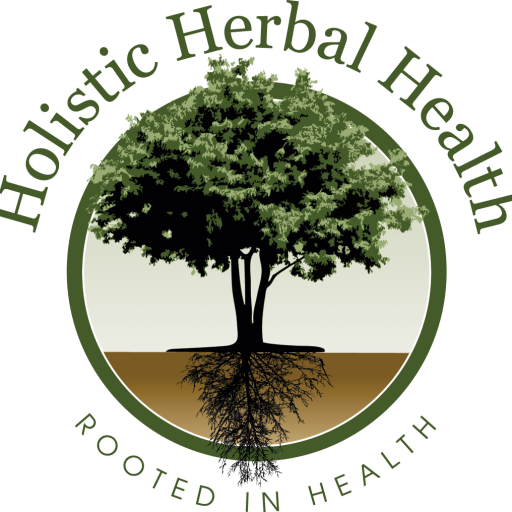Mission & Vision
Dr Zepf’s mission is to educate, communicate, and inspire individuals and families through newsletters, workshops, and personal consultations. By exploring various holistic philosophies and energy modalities, we empower people to make informed choices for their health and well-being.
Our Holistic Health Model goes beyond conventional approaches and acknowledges that true health encompasses all aspects of life: physical, emotional, mental, and spiritual. We believe that optimal health means the freedom to live life fully.
Are all Essential Oils ingestible?
Absolutely not! As per the FDA's Generally Regarded As Safe (GRAS) list, only certain essential oils are safe for ingestion. These include Bergamot, Cinnamon Bark, Citronella, Clary Sage, Geranium, Ginger, Juniper Berry, Lavender, Lemon, Lemongrass, Lime, Marjoram, Peppermint, Pink Grapefruit, Rosemary, Sage, Sweet Basil, Sweet Fennel, Sweet Orange, and Clear Mind. However, it's crucial to follow safe practices. The remaining essential oils should not be consumed. Stay informed and prioritize your well-being!
Do all Essential Oils cross the blood brain barrier?
No! Only Sequisterpenes – meaning very small fat-soluble oil - can pass through. Not all oils have the same size molecule, and larger molecules are simply too large to get into the brain's environment..
There's No Such Thing as "Therapeutic Grade" Essential Oil
False - Many standards claim to be "therapeutic grade", but the challenge lies in deciding which one to trust. These standards are primarily meant for internal use and have been developed by companies selling oils. However, it's important to note that they may or may not undergo quality control by a third-party lab. Assessing the quality of essential oils goes beyond the expertise of chemists and equipment. It demands years of experience in odor evaluation and an understanding of the specific minor components that make an oil desirable, rather than solely focusing on the major components.
Will pure, unadulterated essential oils with no synthetics added last forever?
No. It is true that these oils will last longer than most; HOWEVER, all oils will eventually go bad due to oxidation reactions that are unavoidable UNLESS you could somehow store them in an oxygen free atmosphere.
- Most oils degrade with age due to oxidation BUT there are some oils such as sandalwood, vetiver, and patchouli that actually get better with age!
- It’s typically the heavier oils that are high in sesquiterpene alcohols that improve with age.
- CITRUS oils are best to finish within a year, because their components oxidize quickly!
Essential oils were used in Biblical times
False. During that era, aromatic products would have been of a crude solvent extracted from nature by using fats and pressed oils and would not have been concentrated like today. They would have been used for fragrance in goose fat, olive oils and other concoctions.
If you develop a rash on your skin from using a pure essential oil, you are only detoxifying, right?
Wrong! Let’s imagine you rub poison ivy on your skin and develop a rash -- are you detoxifying? Nope. Like most people, you have sensitivity to it. A detox is when the body has something taken something, not added. ALWAYS DO A PATCH TEST TO DETERMINE SENSITIVITY. Follow the rules for safe usage, please!
The best quality Essential Oils come from the “First Pressing”/”First Distillation” of plant material.
False. Essential Oils are only distilled once. So yes, in that sense, first distillation is correct. But no essential oils have further distillations.. There is, for example, Mint that is often taken for some further fractional vacuum redistilling to improve the quality by removing nauseating components of the whole oils. But nobody distills the biomass which produces essential oils a second time. The sole exception is Ylang Ylang, which is why there are different grades of extract - I, II, III and COMPLETE.
You can add essential oils directly to your drinking or bath waters.
False! Mucus membranes are sensitive and should never have undiluted essential oils on or near them.
Can everyone use essential oils the same way, including pregnant people, young children, and the elderly?
Absolutely not. There are safety rules for use with special groups which are available in my book, in my online course, or from your local aromatherapy practicioner. See the Safety Guidelines page for some of Dr. Zepf's important rules.
Are all Lavenders the same?
Unfortunately, no. Too many companies create blends with lavandin, a cheaper lavender, and call it pure lavender. This is why the various lavender essential oils smell different. The best lavender is lavendula angustifolia from France or Bulgaria, not the USA. It has to be grown at high altitudes for the healing properties to occur.
All Essential oils are equal in purity.
False

Dr. Debrah Zepf, LLC | Online Practice | © Rooted in Health
Call Us to Book
(303) 249-7742
Connect with Dr. Zepf
(303) 249-7742 or
drzepf@gmail.com
Operating Online Only
Using Zoom or FaceTime
Call for an appointment
